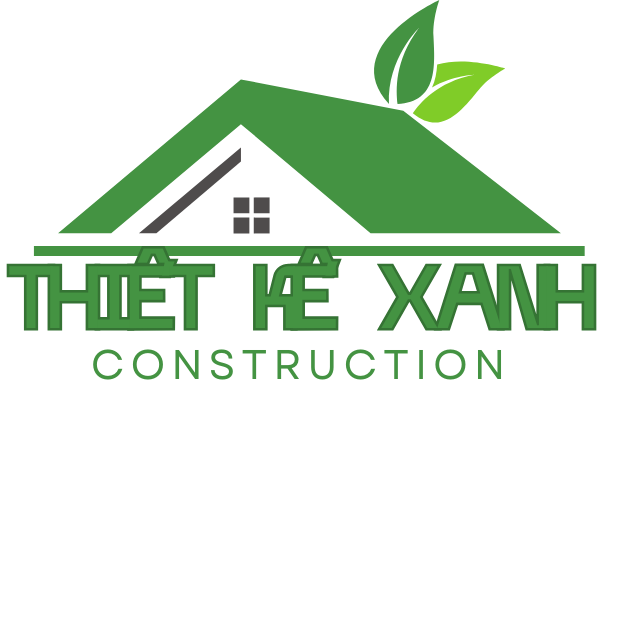The travel industry in 2025 stands at a crossroads of advancement and stewardship. As global tourism surges to pre-pandemic levels, travelers and industry stakeholders alike are navigating a landscape transformed by eco-conscious mandates, cutting-edge technologies, and shifting consumer preferences.
## Sustainable and Environmentally Aware Travel
The imperative for sustainability has become a foundation of modern travel. By 2025, the tourism sector is projected to generate 6.5 billion metric tons of carbon emissions, necessitating immediate measures. Destinations like Costa Rica and Bhutan are spearheading this charge, with the latter maintaining its status as the world’s only climate-positive country through stringent guest quotas.
Restorative travel models, such as New Zealand’s Māori-led eco-tours, are gaining traction. These initiatives reflect a broader shift: 73% of travelers now prioritize brands with robust sustainability practices.
## Personalization and Bespoke Experiences
Luxury travel in 2025 is synonymous with ultra-tailoring. Discerning travelers seek life-changing trips adapted to their unique interests. Operators like LuxGroup emphasize “ethical luxury,” blending luxury with traditional engagement.
Artificial Intelligence is revolutionizing trip planning, enabling dynamic itineraries that respond to instantaneous choices. This trend matches findings that 64% of luxury travelers prefer customized deals over generic options.
## Preventing Overtourism Through Ingenuity
Overtourism remains a significant problem, prompting travelers to seek “substitute spots” and non-peak period trips. Cities like Ljubljana are reducing congestion through automobile-prohibited districts and bike pathways.
Governments are taking action; Amsterdam and Majorca have introduced guest ceilings and behavior guidelines to protect local ecosystems.
## Technology’s Role in Hassle-Free Tourism
AI’s influence extends beyond personalization into business productivity. AI agents handle 24/7 customer inquiries, while data projections optimize flight schedules and hotel pricing. Digital simulations previews allow travelers to “sample” destinations before booking.
Applications like Seven Corners simplify trip management, offering instant notifications on weather, crowds, and transportation delays. Distributed ledger systems enhances transparency in carbon offset programs.
## Extended Visits and Traditional Engagement
The era of rushed itineraries is fading. Luxury travelers are averaging two-week stays to strengthen cultural connections. Families are increasingly embracing “work trips,” merging remote work with extended stays.
## Event-Driven Travel and Unconventional Activities
“Event hopping” has skyrocketed, with fans journeying internationally for major events. Astrotourism—exemplified by skywatching in Chile’s Atacama Desert—reflects growing interest in astronomical events.
## Health and Unplugged Retreats
Health-focused travel is evolving beyond spa retreats to encompass integrated therapies. Tech-free escapes combine mindfulness with organic cuisine, aligning with a 95% increase in demand for health-oriented itineraries.
## Monetary Tactics and Budget-Aware Travel
Travelers are utilizing membership benefits and bundled offers to optimize savings. Financial perks are being carefully utilized for premium services, reflecting a shift toward “calculated opulence”.
## Final Analysis
The travel landscape of 2025 is defined by its twofold character: a desire for exploration moderated by moral responsibility. As destinations harmonize progress with protection, stakeholders can ensure tourism remains a link—not a barrier—to a more integrated and responsible world.
